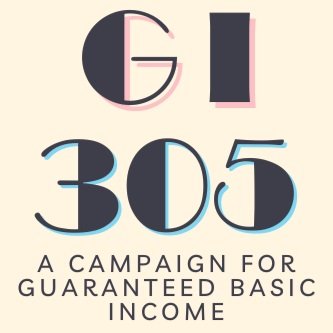Should Cash Assistance Programs Mandate “Financial Literacy” Participation?
At GI 305, we believe in empowering Miami’s communities without imposing requirements that don’t align with our values of trust, agency, and self-determination. One requirement you won’t find in our guaranteed income program is mandatory "financial literacy" training. This isn’t because we don’t believe in knowledge-sharing or financial education as valuable resources. Rather, we don’t want to perpetuate systems of control or impose assumptions about our community's ability to manage money.
The logic of mandatory financial literacy misses a crucial reality: financial hardship is not the result of a lack of education. It stems from systemic issues, including low wages, lack of access to quality jobs, housing insecurity, and the rising costs of living. Imposing financial literacy requirements shifts the blame from these structural issues onto the individual, suggesting that financial struggles result from poor personal choices rather than unjust systems. At GI 305, we work to dismantle this narrative by placing trust in our cohort members.
We believe our cohort members are best positioned to understand their financial situations and how to address them. For many people, surviving on limited income has meant developing complex financial strategies out of necessity. Our cohort members already know how to budget, strategize, and make difficult financial choices. Requiring financial literacy classes implies a lack of trust in these abilities, reinforcing harmful stereotypes about working class people.
In our work at GI 305, we prioritize offering financial support with no strings attached. Our role is not to control how people use the guaranteed income funds, but to co-build a community where everyone has the means to thrive and make their own choices.
If you share this vision, consider supporting us on Give Miami Day 2024. Your contribution directly funds a program rooted in trust and respect, empowering people to use resources in the ways that best serve them.
